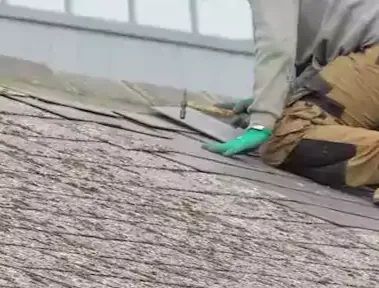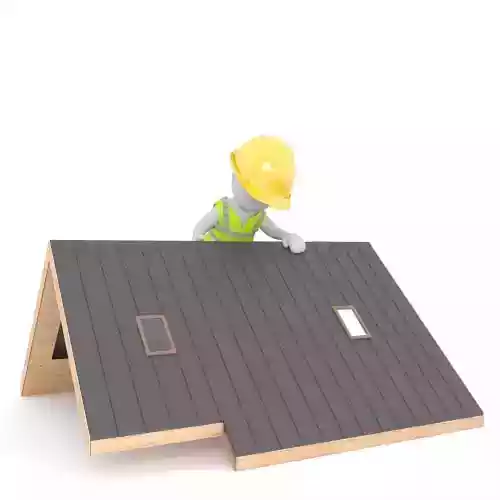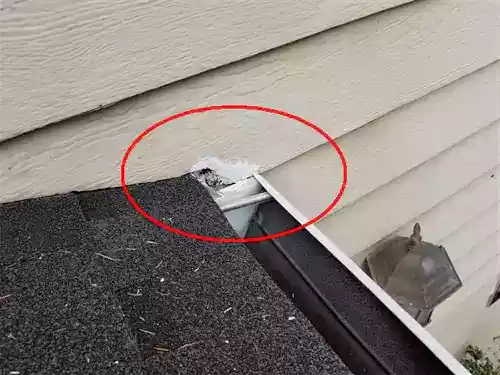Roof Leaks
How to Check Your Roof for Leaks: A Comprehensive Guide
Maintaining a leak-free roof is essential to protect your home or business from water damage and costly repairs. Regular roof inspections play a crucial role in identifying and addressing potential leaks before they escalate into major issues.
By proactively checking your roof for leaks, you can save money, preserve the integrity of your property, and ensure the safety and comfort of its occupants.











